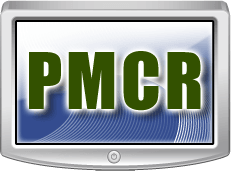Interaction with stakeholders, business, media and government entities
In addition to interacting with the stakeholders with commercial business relations with the media sector and Government entities, the Commission also as recorded in Part-One of its Report, met with several representatives of groups, organizations and institutions from civil society with an interest in media issues as also with representatives of working journalists, audience-measurement agencies that provide the rating system for electronic media, former and serving chief executives of corporations.
